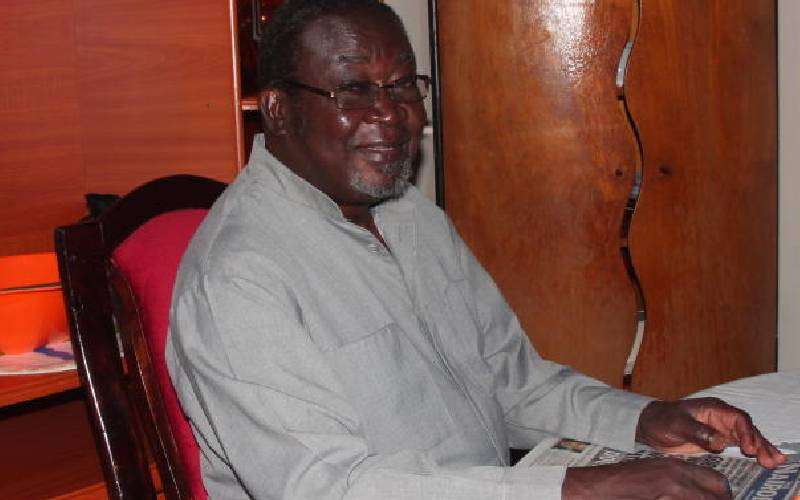
It is said that life is a temporary terminus, death is the journey to the real destination. These sage words come in Kiswahili out of the maestro Samba Mapangala and his Orchestra Virunga - named after the towering mountain range of Mfumbiro. If you stand on their summit what you see is the lush lingalaland of Zaire, the million jade hills of Rwanda and fecund misty country-side South of Uganda.
Dunia Tunapita is the song of wisdom that educates us to make our lives meaningful. The musical master intensified this message of existential gravity when he later issued the evergreen Vunja Mifupa. Here, he advises people to make hay while the sun shines. In this life, according to Mapangala, a wizard of pop music exhorts mankind that life is transient and its meaning lies in finding your central reasons why you exist. After such a find, leave a mark out of deeds that matter.